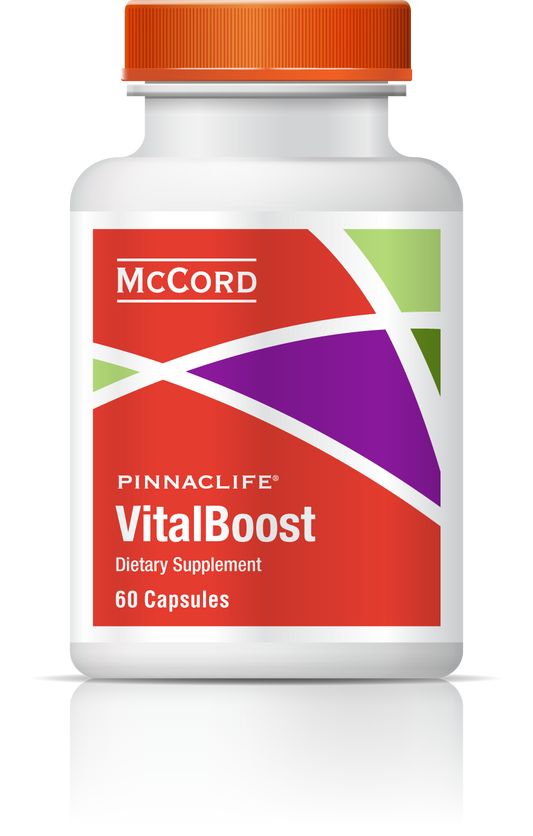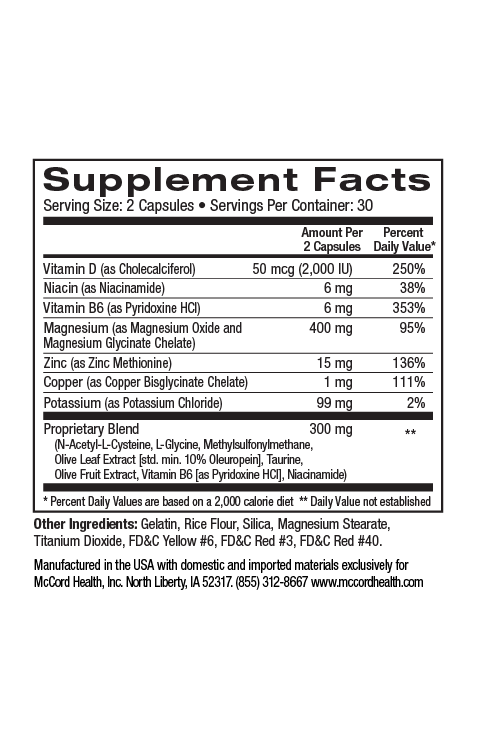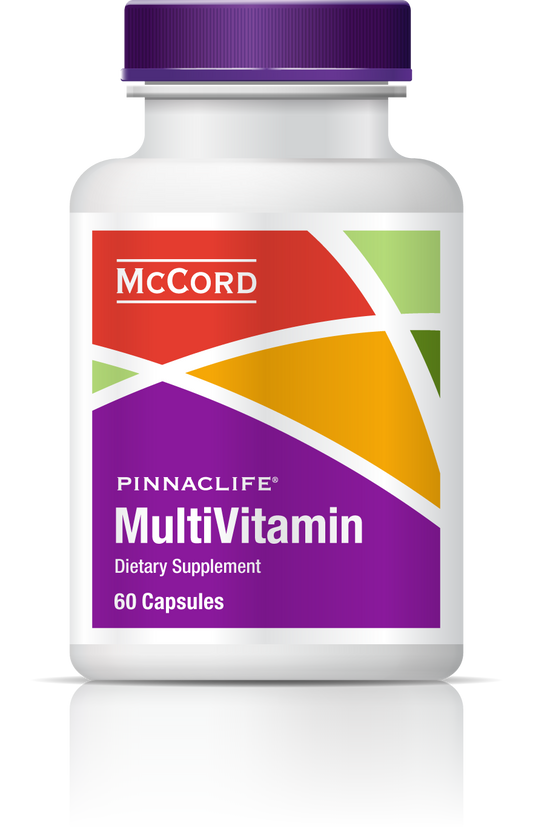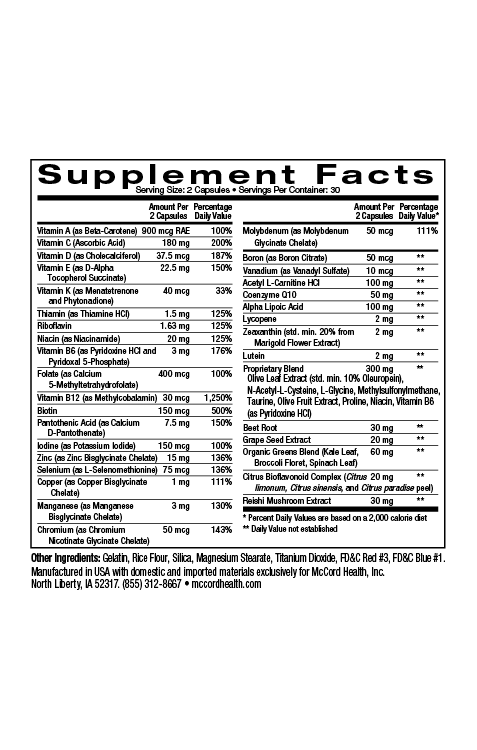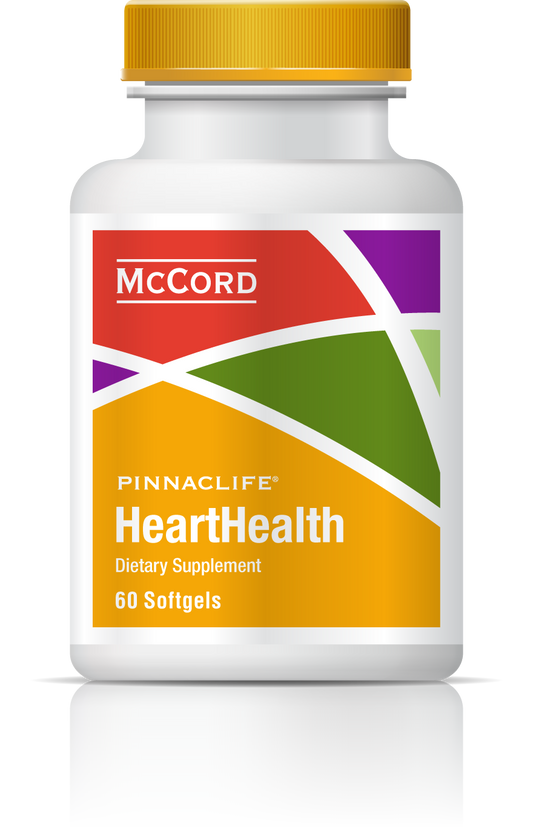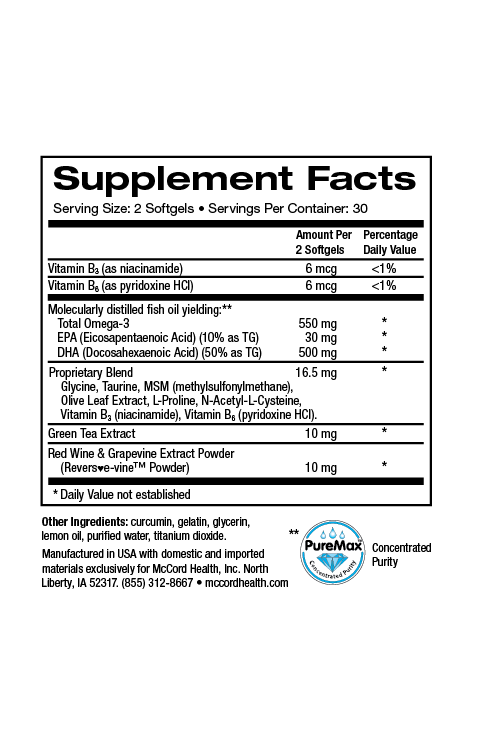Are aching joints hindering your daily activities? So many people search for the right joint supplements to alleviate discomfort, but finding the best fit for your lifestyle can be a daunting task with so many options available. In this guide, we offer insightful tips to help you navigate the world of joint supplements, ensuring you find the best match for your needs.
1. Understanding Your Specific Needs
Before diving into the world of joint supplements, it’s essential to understand what your body specifically requires. Consider your age, activity level, and any particular joint issues you’re facing. This insight will guide you toward supplements tailored to your unique needs.
For instance, older adults often need different nutrients than younger individuals due to changes in bone density and muscle mass. If you’re highly active, you might require ingredients that not only support joint function but also aid in recovery after rigorous activities. Understanding these specific needs can streamline the supplement selection process, ensuring you choose the most effective solutions for your lifestyle.
2. Consult with Healthcare Professionals
Seeking advice from healthcare professionals, such as a doctor or a nutritionist, can provide personalized guidance. They can recommend supplements that align with your lifestyle and health goals, ensuring safe and effective choices.
Your healthcare provider can also help identify any potential interactions between joint supplements and medications you may be taking. Their insights are invaluable in tailoring a supplement plan that complements your overall health strategy while minimizing risks.
3. Deciphering Supplement Labels and Ingredients
Labels on supplements can be confusing, but knowing what to look for makes all the difference. Focus on the ingredients, looking for trusted components like glucosamine, chondroitin, and turmeric known for their joint support benefits.
Additionally, pay attention to the daily value percentages and recommended uses. Some supplements might not contain adequate ingredient concentrations to be effective, or they might require multiple daily doses to achieve desired effects. Empower yourself by learning to read labels critically and consulting additional resources when necessary.
4. Assessing the Form and Dosage
Joint supplements come in various forms, from pills to powders. Consider which form is most convenient for you, and always adhere to the recommended dosages to ensure effectiveness and avoid potential side effects.
For example, powders can be mixed into beverages, which might be more palatable for those who struggle with swallowing pills. Alternatively, chewable tablets or gummies can offer better acceptance and be incorporated more easily into your daily routine without requiring additional preparation.
5. Evaluating Brand Reputation and Reviews
Research different brands to understand their reputation in the market. User reviews and testimonials can offer valuable insights into product effectiveness and customer satisfaction, helping you make informed decisions.
However, it’s crucial to approach reviews with a critical eye. Consider multiple sources, both online and offline, and prioritize reviews that provide detailed explanations of experiences rather than brief endorsement or critique. This will offer a more comprehensive perspective on the product’s true value.
6. Prioritizing Natural Ingredients
Natural and organic ingredients are often gentler on the body and reduce the risk of adverse reactions. Make it a priority to choose supplements that emphasize natural components for a holistic approach to joint health.
Moreover, some natural ingredients have additional benefits, such as anti-inflammatory properties, that can further enhance joint mobility and comfort. Look for supplements with minimal artificial additives, which not only improve their safety profile but also often offer better long-term results for overall joint care.
7. Monitoring Progress and Adjustments
It’s crucial to monitor how your body responds to any new supplement. Keep track of changes in joint comfort and mobility, and don’t hesitate to make adjustments or consult professionals if necessary.
Regularly reviewing your progress can indicate whether the supplement is proving effective or if adjustments are needed in dosage or brand. Keeping a journal of your daily joint health, noting periods of pain relief or discomfort, can reveal patterns and inform future decisions about your supplement regimen.


